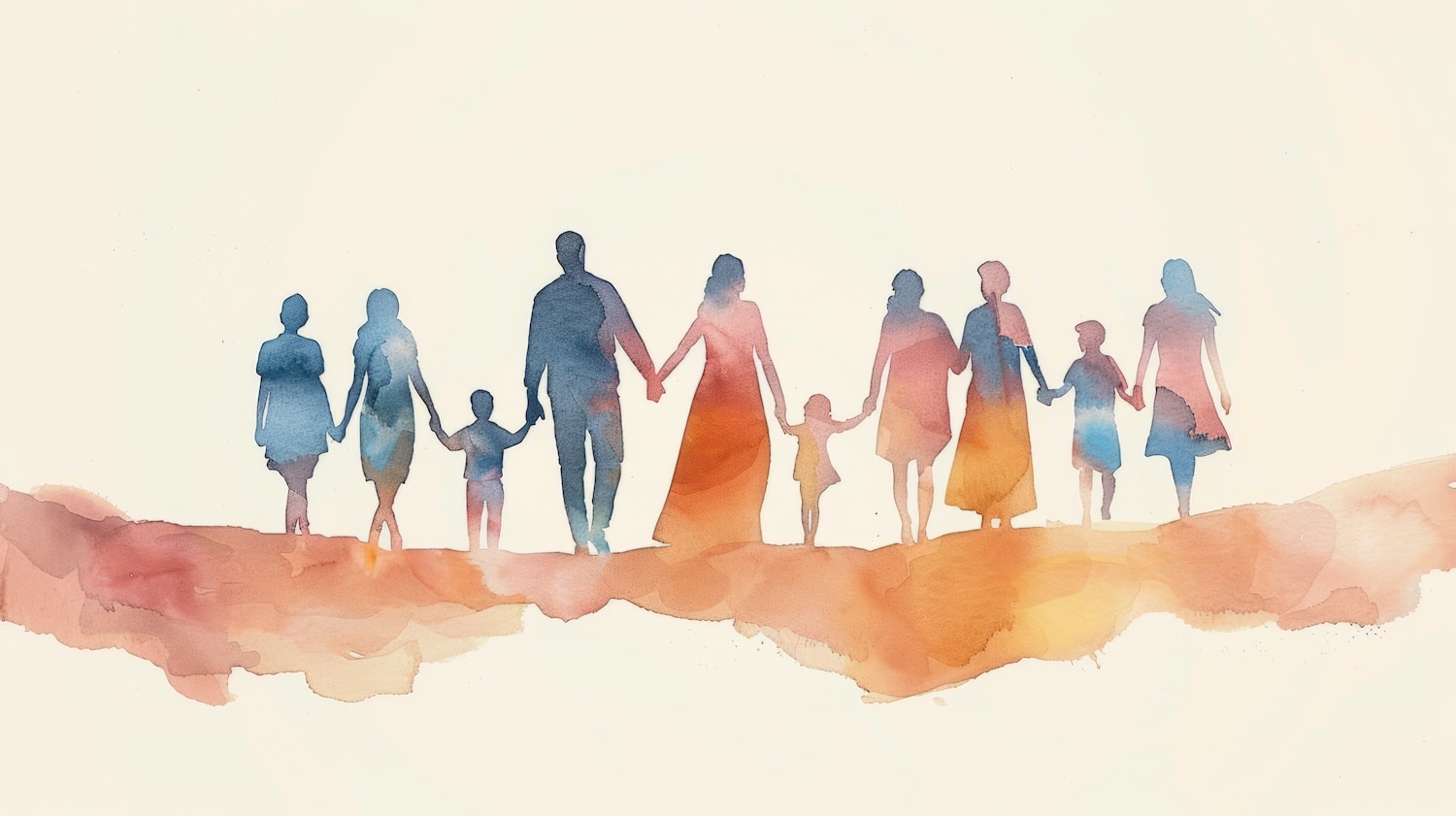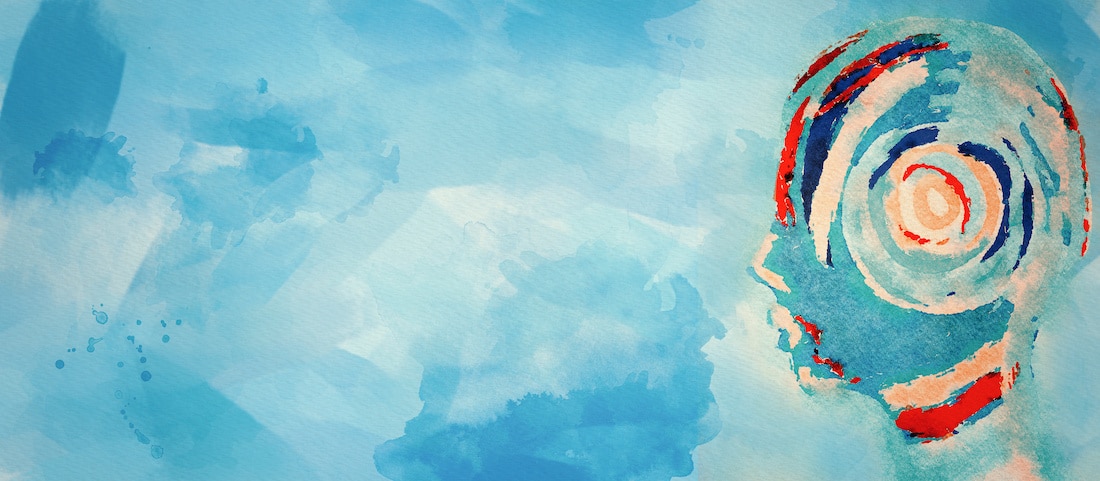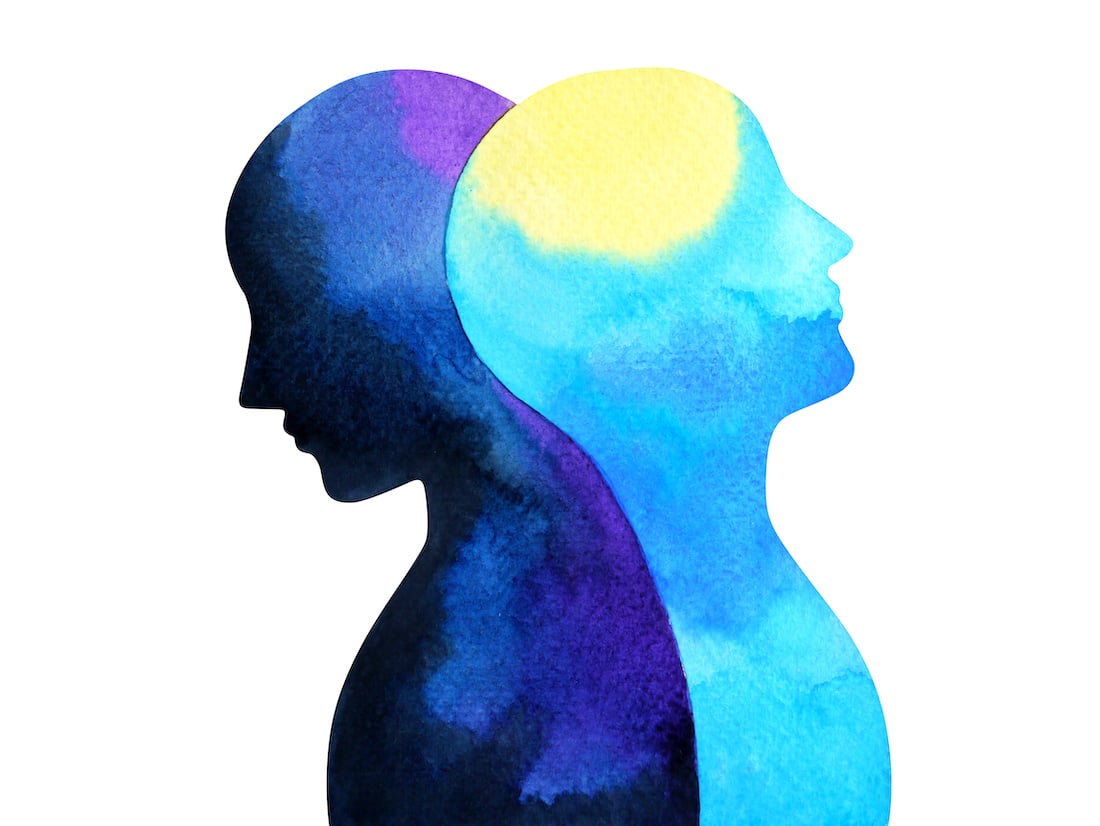Sadness and depression may seem similar, but in regards to their meaning they’re two completely different things. Unlike diagnosable clinical depression, everyone feels sadness at some point in his or her life. Major depressive disorder on the other hand, affects just a small portion of society. Put simply, sadness is an emotion. Depression is more. It’s a state of mind in which negative emotions such as sadness are symptoms of.
Sadness is common to the entire population. It’s an emotion directly attributable to a specific event. An entire community can feel sadness after a natural disaster. A child may feel sadness after accidentally breaking their favorite toy. But unlike depression, the effects of sadness are felt momentarily and the causes are easy to pinpoint.
The effects of depression can descend upon a person without warning or explanation. A person could have everything going well in his or her life right before the disorder occurs. Unlike sadness, depression symptoms include weight gain or weight loss, sleepiness or excessive sleep and a general disinterest in activities her or she would normally enjoy. Depression symptoms don’t go away after a few hours or days. When symptoms last for more than two weeks at a time, clinical depression may be to blame. The duration of symptoms is a key factor in distinguishing depression from sadness.
The assumption is commonly made that depression and sadness are the same thing. Many falsely believe depression is merely a more severe case of sadness. Nothing could be further from the truth. With similarities abound, the differences between the two are distinct and conclusive. One simply gets over sadness. Major depressive disorder often requires intervention and treatment. Depression is treated with different types of psychotherapy and medication on a case-by-case basis. Understanding the difference between disorders and emotions is a major step in ending the stigma attached to mental illness.
Pasadena Villa’s Smoky Mountain Lodge is an adult intensive psychiatric residential treatment center for clients with serious mental illnesses. We also provide other individualized therapy programs, step-down residential programs, and less intensive mental health services, such as Community Residential Homes, Supportive Housing, Day Treatment Programs and Life Skills training. Pasadena Villa’s Outpatient Center in Raleigh, North Carolina offers partial hospitalization (PHP) and an intensive outpatient program (PHP). If you or someone you know may need mental health services, please complete our contact form or call us at 407-215-2519 for more information.
Source:



